31, March 2021
Ivory Coast: ICC appeals court upholds acquittal of President Gbagbo 0
International Criminal Court appeals judges have upheld the acquittals of former Ivory Coast president Laurent Gbagbo and former minister Charles Ble Goude on charges of involvement in deadly post-election violence.
Both were acquitted in 2019 of responsibility for crimes including murder, rape and persecution following disputed elections in 2010, with judges saying prosecutors failed to prove their case. The decision halted the trial before defense lawyers had even presented their evidence.
Wednesday’s appeals panel decision to reject the prosecutors’ appeal against the acquittal ends proceedings against both men.
Supporters of Gbagbo hugged and cheered outside the court building after the decision.
(AP)
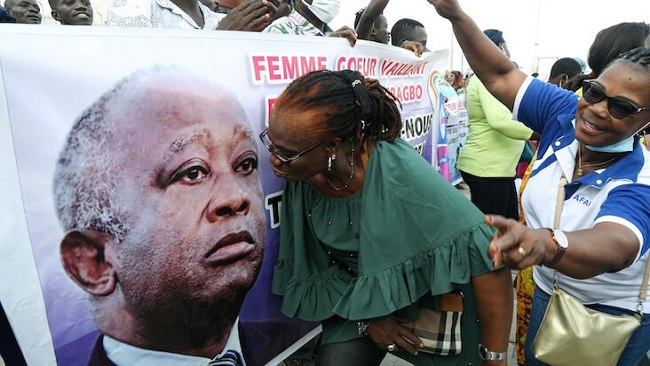

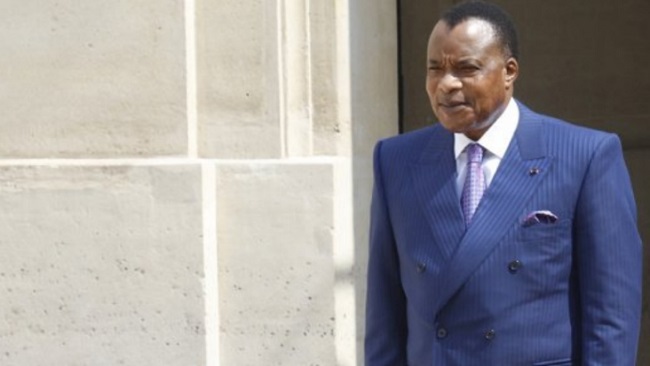
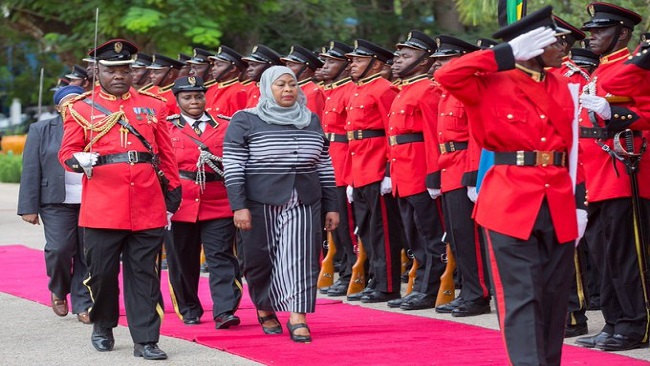
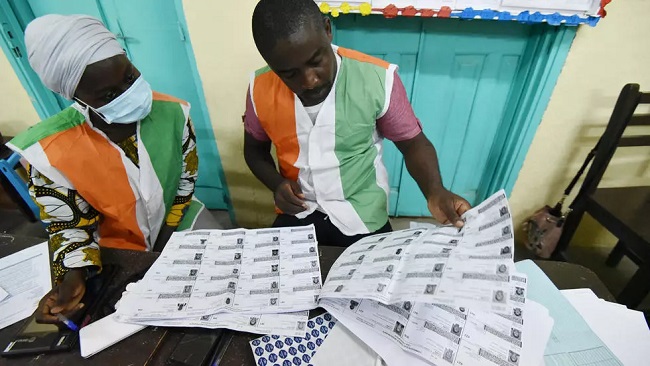
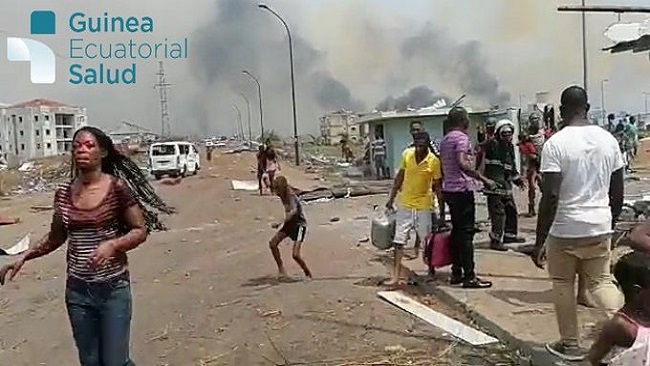




















6, April 2021
Central African Republic: Powerful armed group vows to leave rebel coalition 0
The most powerful of the Central African Republic’s armed groups said in a statement Monday it will quit a rebel coalition aiming to unseat President Faustin Archange Touadera.
The Unity for Peace in Central Africa (UPC), mainly active in the country’s east, “commits to withdraw from the Coalition of Patriots for Change” (CPC), the group’s head Ali Darassa wrote.
The coalition is an alliance of some of the war-torn country’s most powerful armed groups, who joined together on December 19 accusing Touadera, the frontrunner in the December 27 elections, of trying to fix the vote.
Its components were drawn from militia groups that, together, controlled two-thirds of the impoverished country.
Touadera was reelected with barely one in three voters able to cast their ballot because rebel groups control most of the country.
Darassa said Monday that since the “electoral crisis, the population has suffered terribly from insecurity, the health situation, famine and the lack of humanitarian assistance.”
The UPC, the statement continued, “reiterates its commitment to the Khartoum Accord process,” a peace agreement signed in February 2019 between the government and 14 armed groups.
Surge in violence
Tensions have been high in the Central African Republic since the December election, although the surge in violence in recent months is just the latest flare-up in a civil war that has lasted eight years since the ouster of president Francois Bozize.
More than 30,000 people have fled the country due to the violence surrounding the elections, the UN says, while tens of thousands more have been internally displaced.
On January 13, rebels launched twin attacks on the outskirts of the capital — the first time they had struck so close to the city since the start of their offensive.
But their offensive foundered faced with government forces backed by 12,000 UN peacekeepers force, Russian paramilitaries and Rwandan troops.
Since January, the government and its allies have recaptured towns once held by fighters from the alliance of militias.
Bangui has accused Bozize, now the head of the CPC, of attempting a coup.
The UPC announcement came just days after another powerful group in the CPC announced that its chief had died from wounds suffered during an attack, in another blow to the rebel alliance.
Sidiki Abass, head of Return, Reclamation and Rehabilitation (3R), died on March 25, the rebel group announced Friday.
Abass, whose real name was Bi Sidi Souleymane, died in hospital in the country’s north, 3R said in a statement, adding he had been “seriously wounded” during attacks in the town of Bossembele on November 16.
The 3R group is made up largely of the Fulani ethnic group, whose members are traditionally nomadic herders.
Abass’s group has in the past been accused of war crimes, and judicial sources said he had been the target of an investigation by the country’s Special Criminal Court, set up to probe serious human rights violations committed since 2003.
Mineral-rich but rated the world’s second-poorest country on the Human Development Index, the CAR has been chronically unstable since independence 60 years ago.
Source: AFP